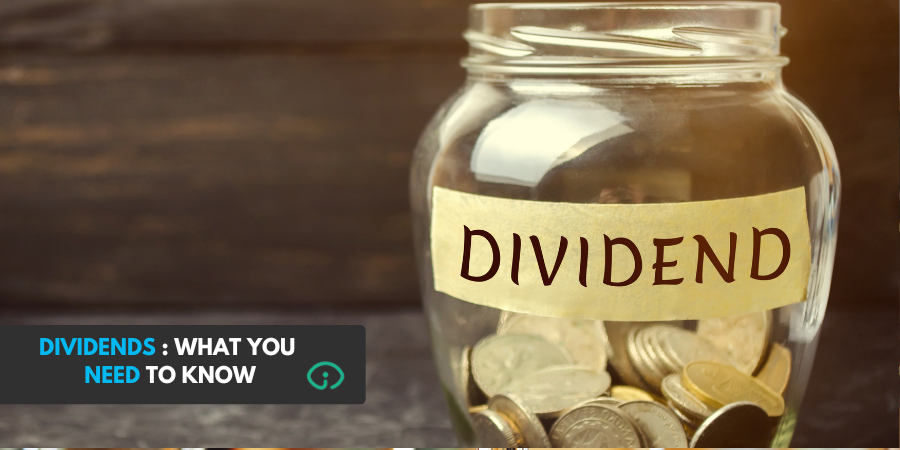If you’re a director-shareholder of a limited company and paying yourself a small salary topped up with dividends, it’s important to understand how dividends actually work. Many business owners assume they can take dividends whenever they like, but the reality is a bit more complicated — and getting it wrong can lead to unexpected tax bills.
Dividends Can Only Be Paid from Profits
Let’s keep it simple: dividends can only be paid out of company profits. That means if your business isn’t making a profit, it can’t legally pay dividends. It sounds a bit scary, but all it means is that before you pay yourself dividends, you need to check the company’s financial position.
If your business has made a profit, you can usually pay dividends up to the amount of available profit, taking into account any retained profits from previous years. However, if the business is running at a loss or has no income coming in while still covering expenses, those profits can reduce quickly. This can lead to the risk of unintentionally paying illegal dividends, so it’s important to regularly check the company’s profit position before making any payments.
Many Directors Aren’t Told How Dividends Work
The reality is that many business owners don’t fully understand how dividends work, often because their accountants haven’t explained it properly. This is especially important if you’re a new business owner.
In the first year of trading, if you’re paying yourself dividends every month as profits come in, you need to be careful. It’s not just about the money in the bank, it’s about whether the company has enough profit left after expenses to cover those dividend payments.
What Happens if You Pay Illegal Dividends?
If you pay dividends when there are no profits to cover them, HMRC will treat that money as if you’re still paying yourself and tax will be due on it. You could face additional or higher tax charges, and if you can’t repay the amount within nine months, it may even be treated as a loan from the company to you, which comes with its own tax consequences.
Essentially, you end up paying corporation tax on profits, plus personal tax on money you’ve taken out, and then extra tax if the dividends weren’t legal in the first place. It’s a headache best avoided.
Make Sure You Review How You’re Paying Yourself
The good news is that with the right advice, this can all be managed smoothly. If your business is profitable and has been for several years, you may have a profit pot to draw from without issues. But if your business has had a tough year, or if you’re unsure about how much profit is available, it’s time to check in with your accountant — there are usually other ways to take funds from the business or plan for the future if paying dividends isn’t an option.
At Insight Finance Solutions Ltd, we work with business owners across Bakewell and the Derbyshire Dales to help them understand how to pay themselves properly. We’re here to explain things clearly, help you avoid unnecessary tax bills, and give you confidence in your business finances.
Ask your accountant to review how you’re currently paying yourself, especially if you’re running a small salary plus dividends setup. This is a tax planning issue, and the best approach will depend on your business’s individual circumstances.
We’re Here to Help You Get It Right
At Insight Finance Solutions Ltd, we believe you should always understand where you stand with your business finances. We’re here to explain things clearly and help you avoid unexpected tax bills, so you can pay yourself confidently and within the rules.
If you’re unsure about your dividends or want to review how you’re currently paying yourself, get in touch today. We’ll help you make sure everything’s set up properly, so you can focus on running your business without the stress.







